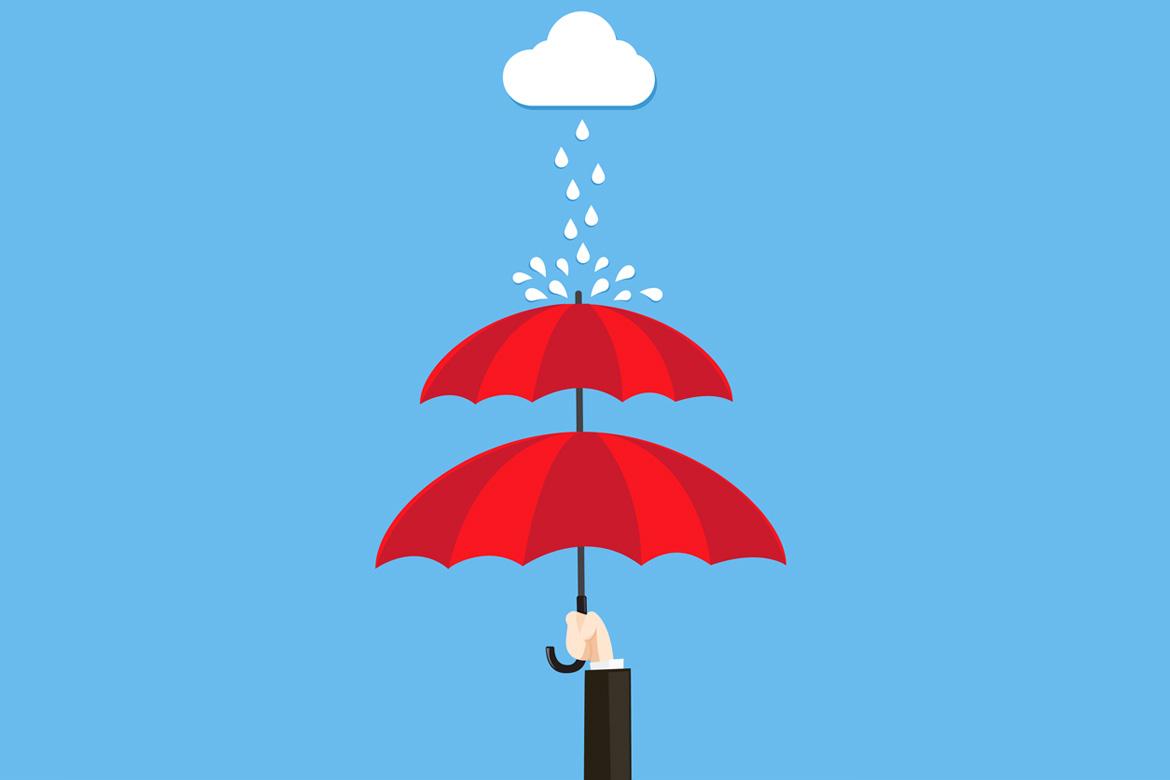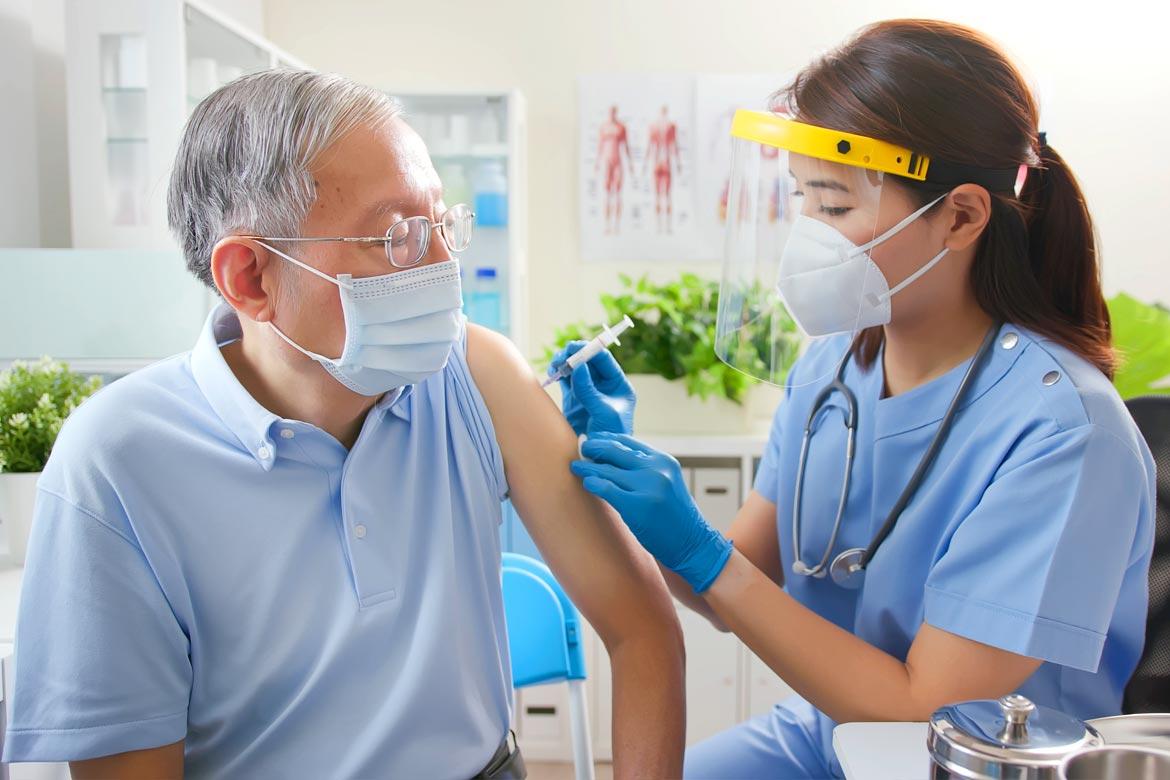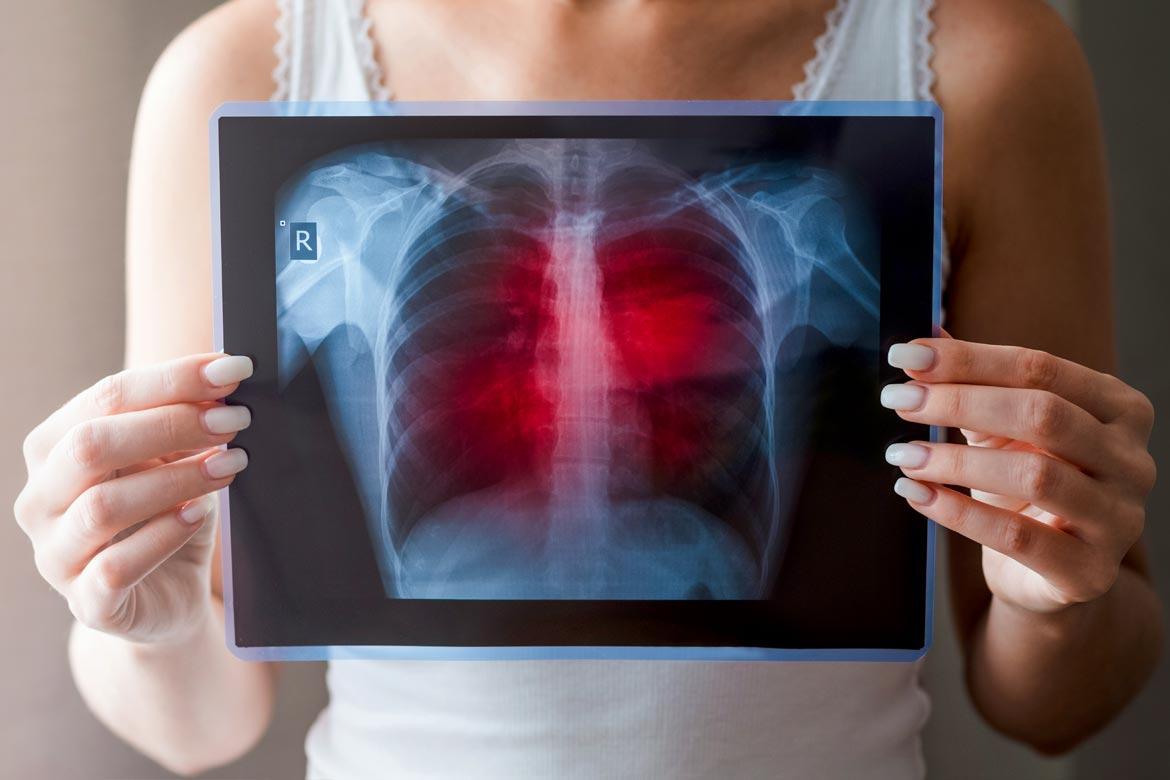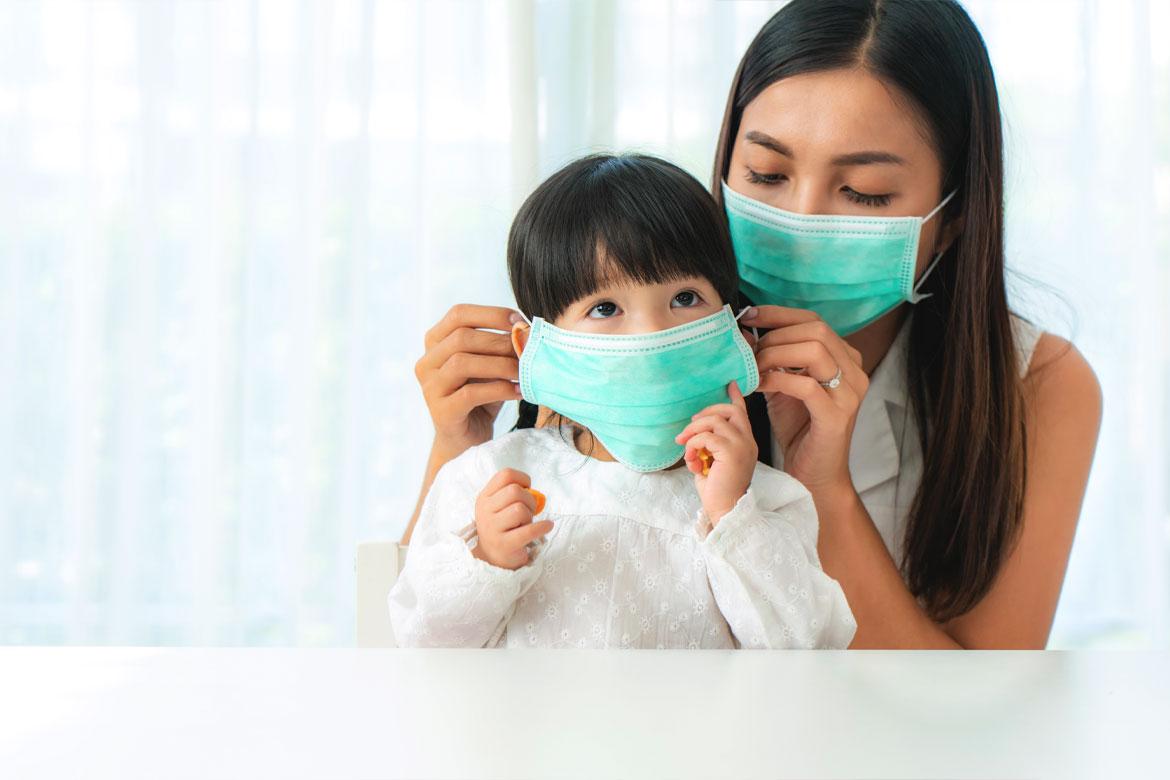Our infectious disease specialists and respiratory specialists
Gleneagles Hospital's team of specialists are supported by a team of healthcare professionals who are experienced in managing and treating infectious diseases such as COVID-19.
^Specialists may qualify to be on the Extended Panel (EP). You may enjoy selected panel benefits depending on your policy and riders.









